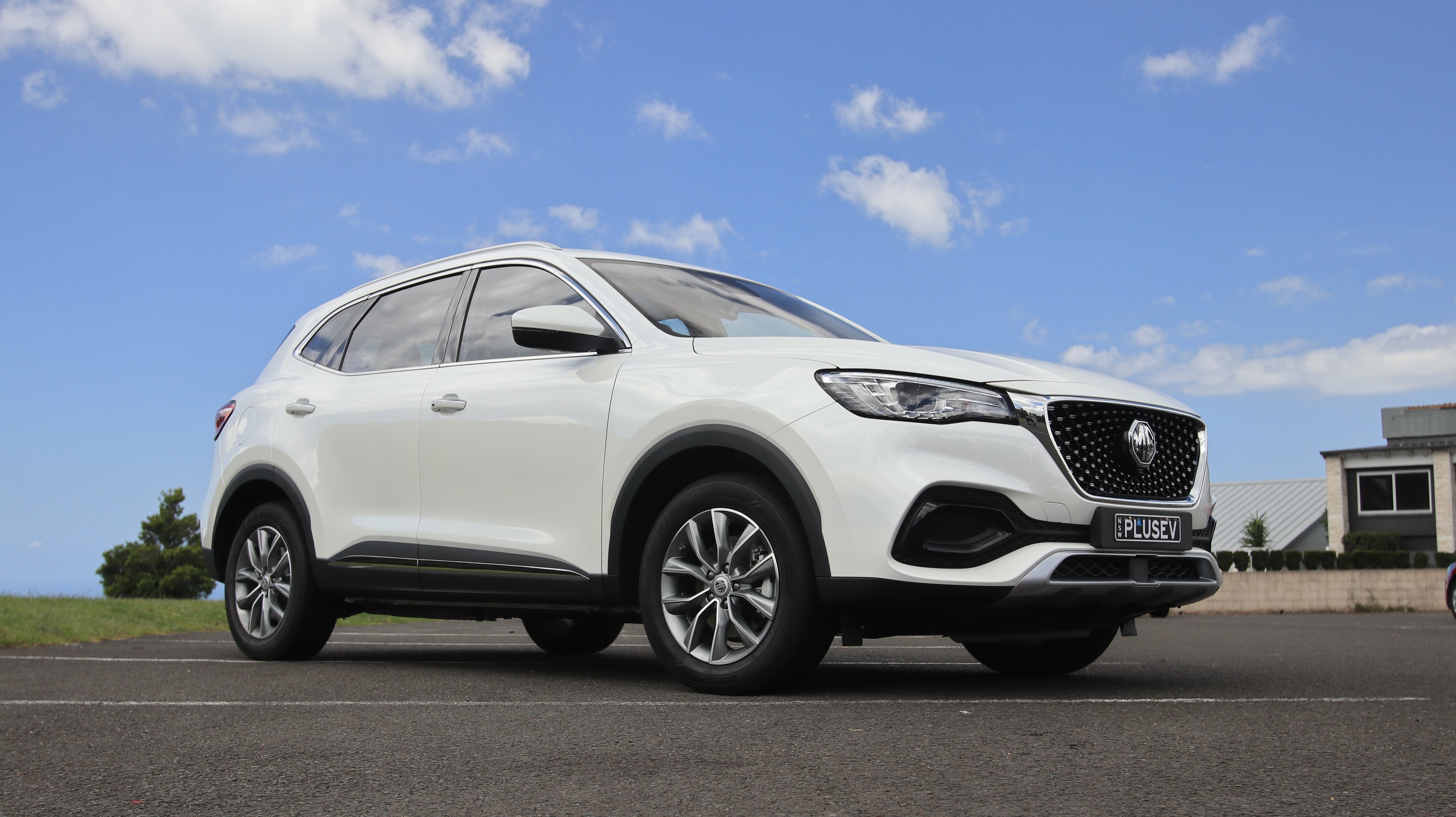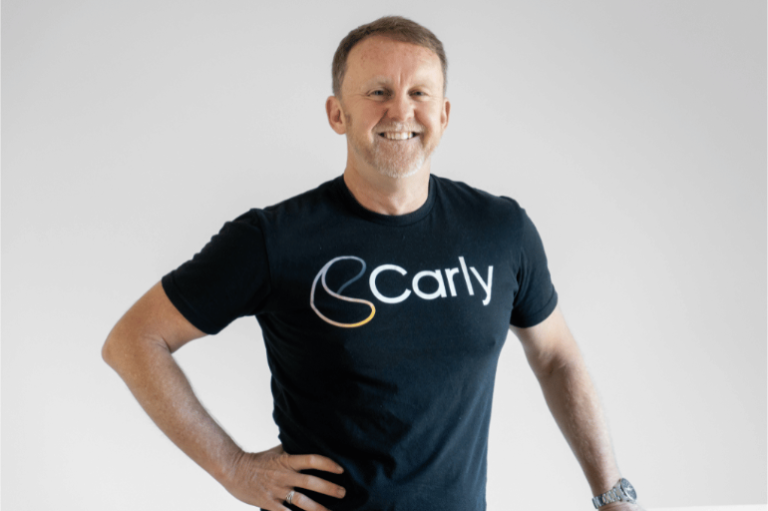Coalition makes a pre-election u-turn on EV subsidies
REPORTs that the Federal Coalition has done a surprise ‘u-turn’ on an election pledge to keep incentives and tax advantages in place for electric vehicles (EVs) has drawn strong criticism from the Electric Vehicle Council and the National Automotive Leasing and Salary Packaging Association (NALSPA).
The Electric Vehicle Council has called the reverse of EV support “a major blow to everyday, hard-working Australians during a cost-of-living crisis” and NALSPA CEO Rohan Martin has supported that view. 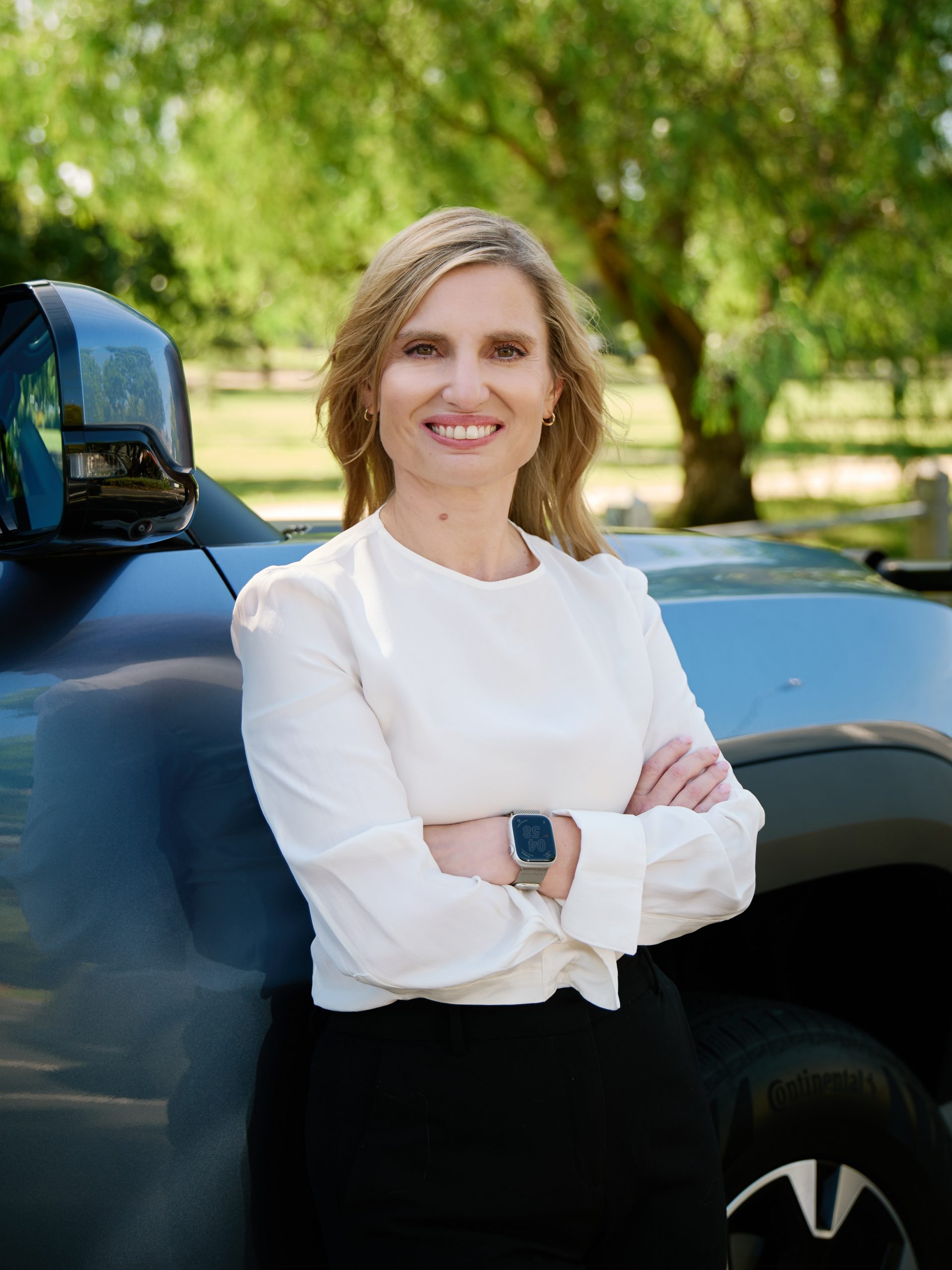
Electric Vehicle Council CEO Julie Delvecchio said on Monday of last week, Opposition Leader Peter Dutton indicated there were no proposals to change the Fringe Benefits Tax (FBT) exemption, “which creates an ‘electric car discount’ by making it cheaper for workers to buy an electric car through salary sacrificing or as a company car for personal use”.
“On Wednesday, the Coalition reversed its decision, delivering a cost-of-living blow to average working Australians in the outer suburbs, such as Werribee in south-west Melbourne, Baulkham Hills in north-west Sydney and Springfield south-west of Brisbane, where the policy has seen the most significant uptake,” Ms Delvecchio said.
“If the Coalition genuinely wants to lower the cost of driving during a cost-of-living crisis, it needs to support working Australians to get into an electric car through this policy.
“The electric car discount has been helping thousands of workers finally afford to buy an electric vehicle. When Australians make the switch to an EV, they stand to save up to $3,000 per year on fuel and maintenance costs, but the biggest roadblock is the upfront cost. The FBT exemption has been helping to lower that barrier.
“The Australians who’re set to lose out most are those in outer suburbs, who have embraced the electric car discount in droves. People living in the outer suburbs and regional communities — who typically drive longer distances — are finally able to access the savings that EVs offer, thanks to this discount.
“The FBT exemption passed by Parliament has been highly effective, achieving exactly what it was designed to do — helping more Australians afford an EV while cutting transport emissions. Scrapping it now will drive up the cost of owning and running an EV for Australians and stall progress toward cleaner, cheaper-to-run transport.
“The exemption is helping reduce upfront costs and delivering real savings on running costs—benefits now at risk for thousands of Australians. Dismantling this policy sends the wrong message to those doing their bit to drive Australia’s clean transport future.
“We call on the Coalition to hit reverse and keep the EV FBT exemption in place so that more workers can afford an electric car that will save them thousands on fuel costs every year.”
Mr Martin said it has been an unexpected backward step from the Coalition. 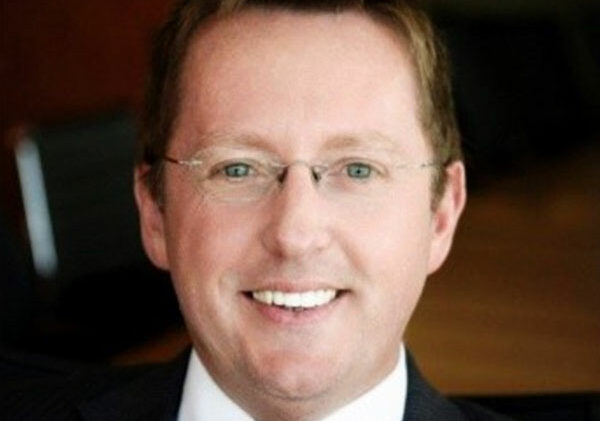
“And most surprisingly such a winding back doesn’t align with the Coalition’s own election pledges—like tax relief through an offset, scrapping the New Vehicle Efficiency Standard penalties to lower upfront car costs, and halving the fuel excise — because the EV FBT exemption successfully delivers on all those fronts,” he said.
“To the contrary, winding back the EV FBT exemption would increase the cost to own and operate a car for the many working Australians seeking to save money and reduce their carbon footprint through owning an electric vehicle,” Mr Martin said.
“We therefore call on the Coalition to reverse their proposal to wind back these subsidies so that working Australians and their families can have certainty as they seek to reduce their cost of living.”
www.electricvehiclecouncil.com.au
ends

 How to resolve AdBlock issue?
How to resolve AdBlock issue? 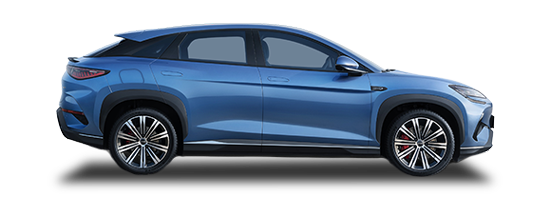


![An MG3 is one of the grand prizes up for grabs in a new East Coast Car Rentals customer loyalty campaign. [Note: this image is an example of the MG3 and does not represent the actual vehicle that could be won].](/images/stories/Automotive/MG3_Core_blue.jpg)
